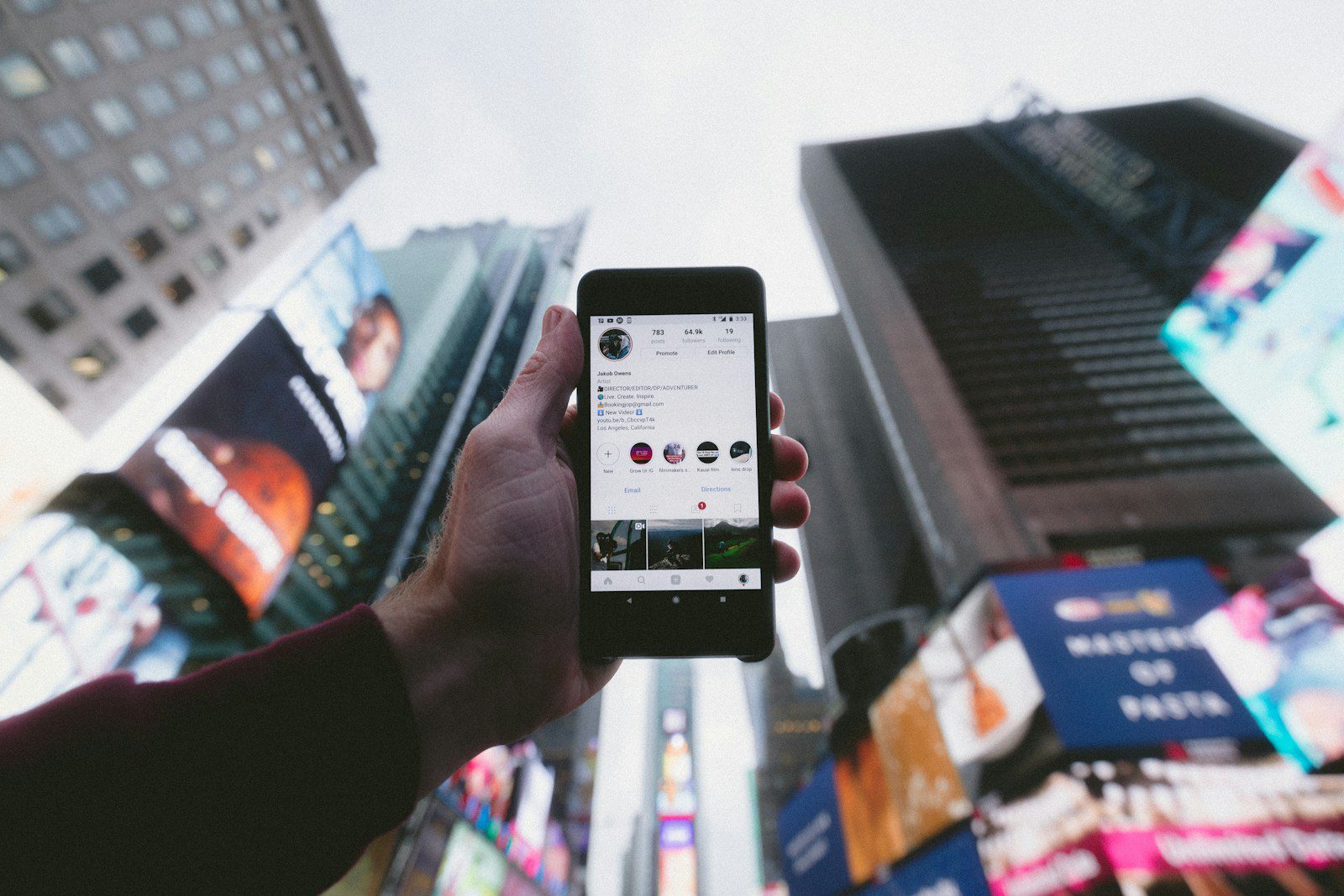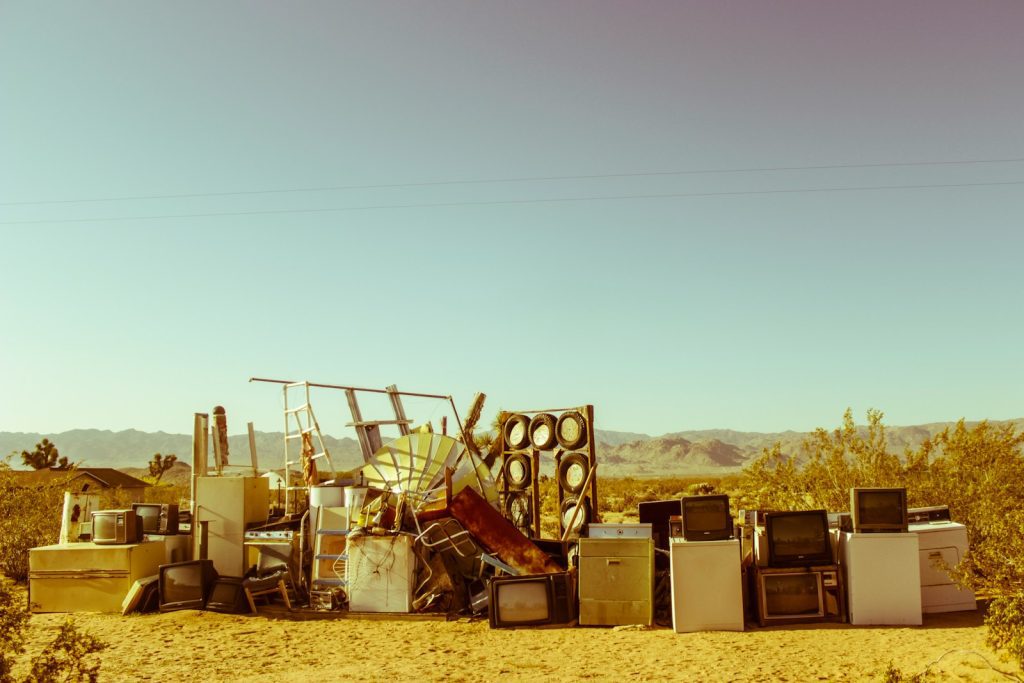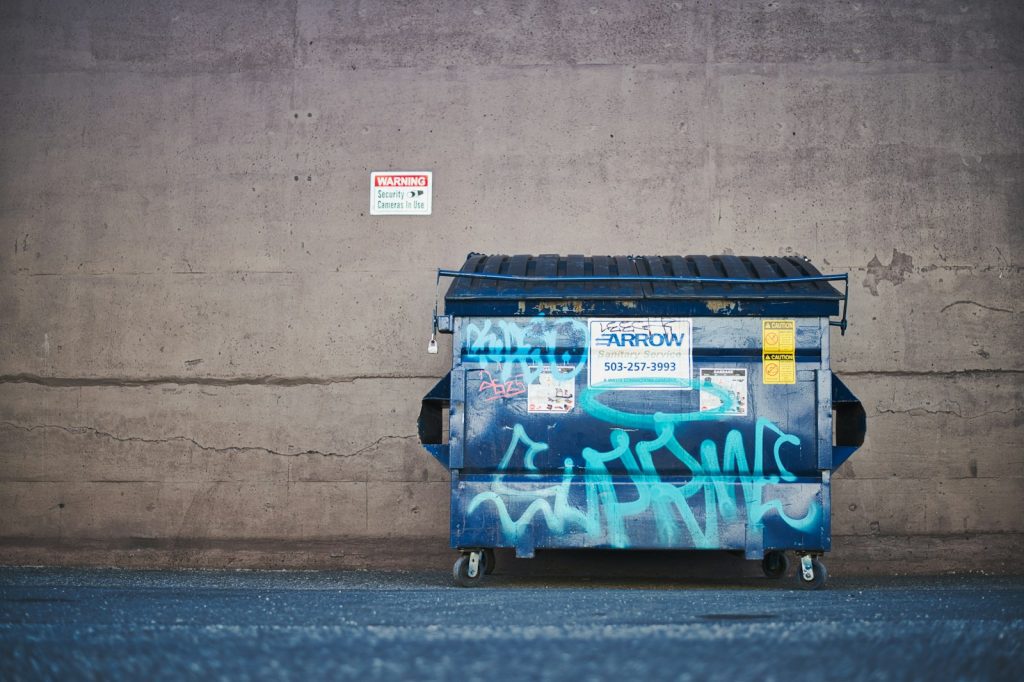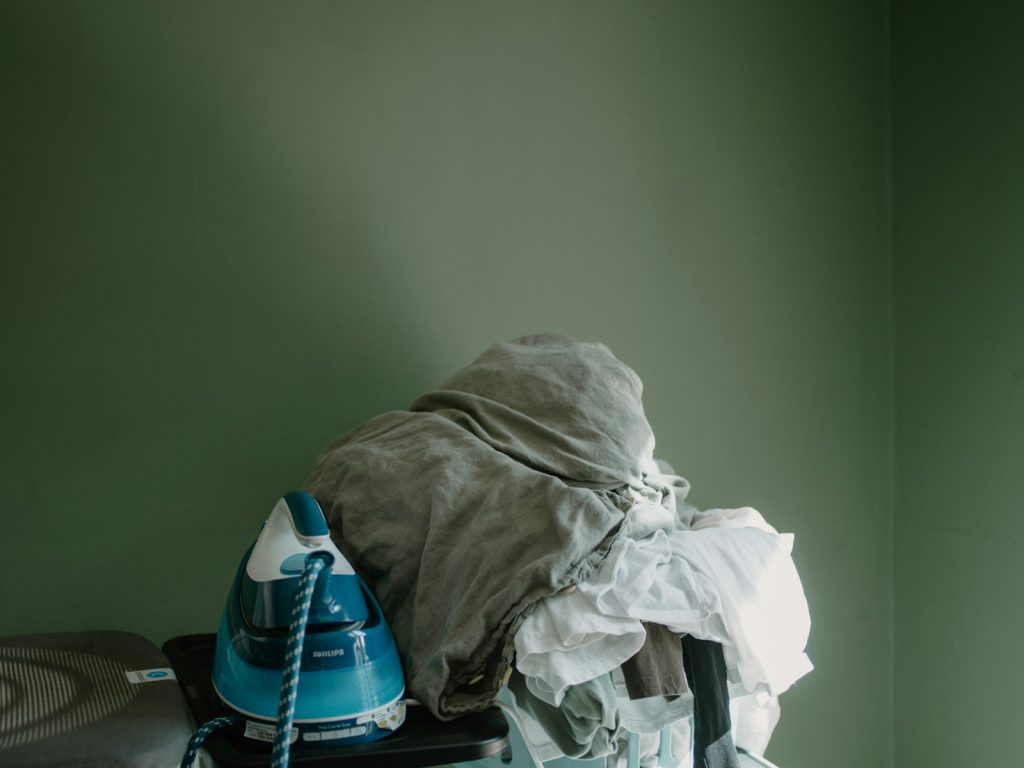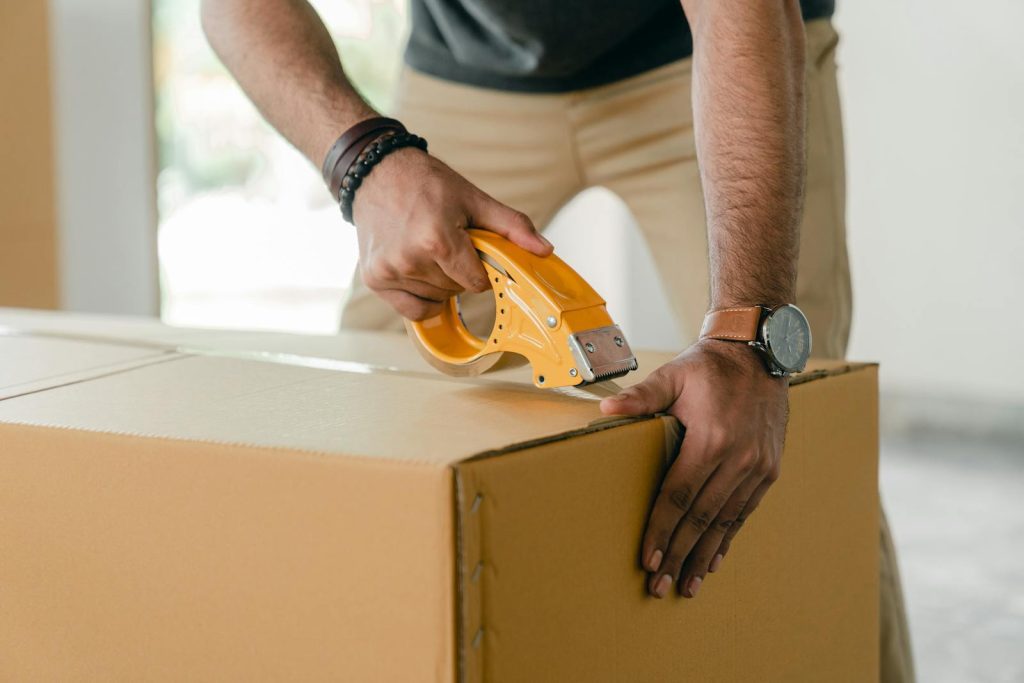Sharing things online has become a big part of how I connect with others and express myself. But over time, I’ve learned that not everything we share is safe or smart to put out there for free. Being careful about what we post helps protect our privacy and avoid unwanted trouble.
It’s important to know which items you should never post online because some information can lead to identity theft, scams, or damage your reputation. Understanding this can make a big difference in feeling secure while enjoying the benefits of the internet.
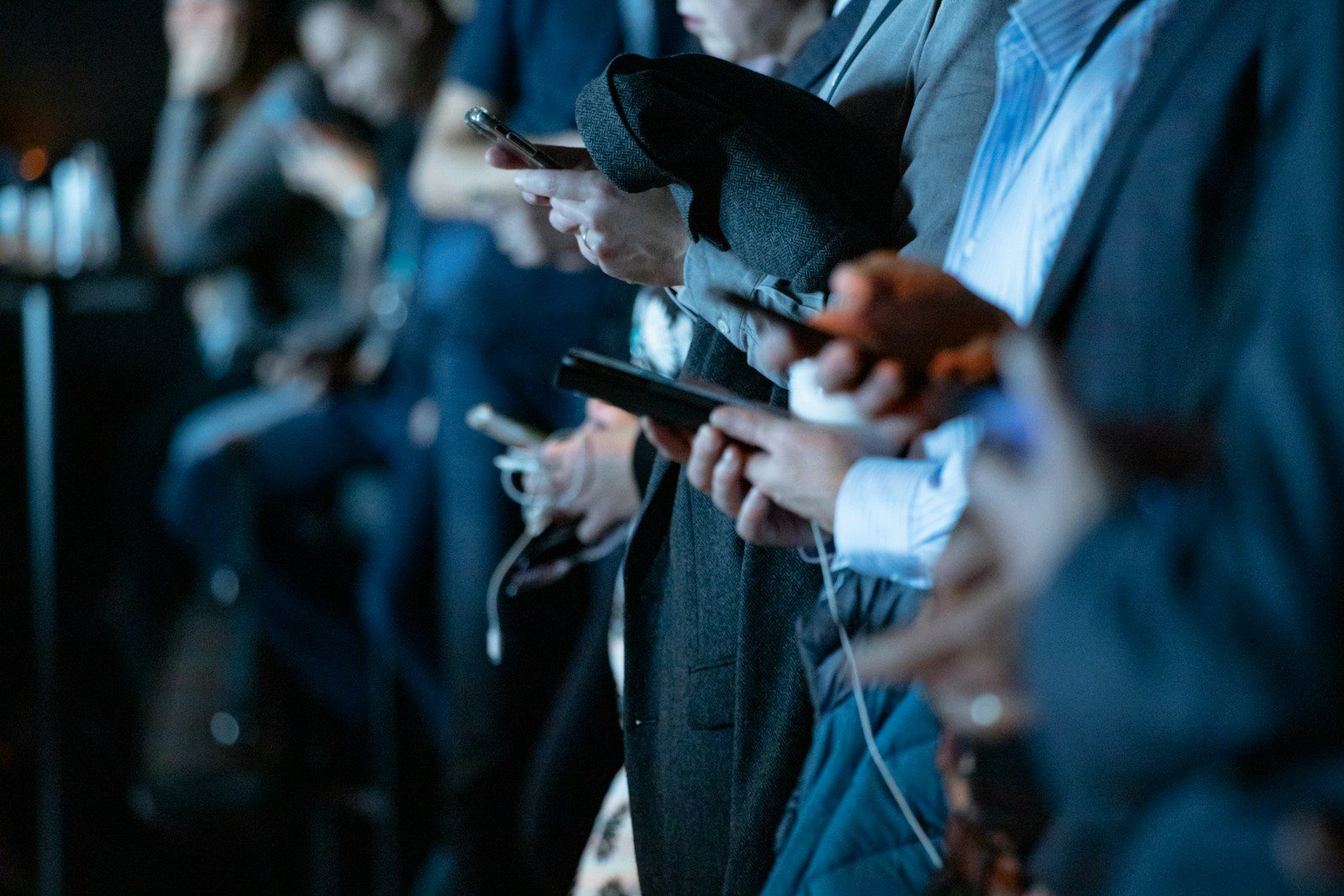
Home address or exact location
I never share my home address or exact location online. It feels risky because this information can make me vulnerable to unwanted visitors or even theft.
Even if it seems harmless to post where I live or hang out, I remind myself that criminals can use this info against me.
To be extra safe, I also disable location tagging on my social media posts. Keeping my location private helps me protect my privacy and peace of mind.
You can learn more about the risks of sharing your location in this article about never sharing home details online.
Bank account and credit card details
I never share my bank account number or credit card information online. It’s just too risky. These details can be used by fraudsters to steal my money or commit identity theft.
I also keep my card’s PIN and the security code on the back private. Sharing these in any way increases the chances of unauthorized access.
Even if it feels harmless, posting pictures of cards or statements can expose sensitive info. Protecting this data is one of the easiest ways I keep my finances safe online. For more on what not to share, see financial information risks.
Passwords and login information
I never share my passwords or login details online. Even if it seems harmless, revealing this information puts all my accounts at risk.
I know that using the same password across multiple sites is risky too. If one account is hacked, others could be easily compromised.
Keeping my passwords private and unique helps me stay secure. I use strong passwords and update them regularly to protect my personal information.
Sharing login info online is just inviting trouble, so I always avoid it. For more on what not to share, check this guide on password safety.
Intimate or compromising photos
I always remind myself to avoid sharing intimate or compromising photos online. Even if sent through private or encrypted messages, there’s still a risk they could be shared without my consent.
Once these photos leave my control, they can be used against me in ways I never intended. It’s better to keep such images off the internet entirely to protect my privacy and reputation.
Being cautious about what I share helps me feel safer. Keeping intimate photos private is a simple step that prevents a lot of potential problems. You can read more about this at Nairobi News.
Personal phone number
I learned early on that sharing my personal phone number online is a bad idea. It opens the door to unwanted calls, messages, and even risks of identity theft.
Once my number is out there, it’s easy for others to gather more info about me. Cybercriminals use phone numbers to access private details or scam people.
Keeping my phone number private helps me stay in control of who can contact me. It’s a simple way to protect my peace and privacy. For more on why this matters, see the advice on never posting phone numbers online.
Social Security number or national ID
I never share my Social Security number or national ID online for free. These numbers are extremely valuable to identity thieves and can be used to open accounts or commit fraud.
Even if a website or message seems trustworthy, I avoid posting this information in public or unsecured spaces.
If someone really needs it, I prefer to share it securely and only when absolutely necessary. You can learn more about where not to give your Social Security number here.
Employer’s confidential information
I always make sure not to share anything sensitive about my workplace online. This includes internal reports, financial data, or upcoming projects.
Even if something seems harmless, it could still harm my employer or break confidentiality rules. I keep in mind that protecting this information helps build trust and professionalism.
If I’m ever unsure, I avoid posting until I get permission. Following confidentiality helps avoid fines or legal trouble for both me and my employer. You can learn more about what should stay private in the workplace from HR confidentiality guidelines.
Medical records and health details
I never share my medical records or health details online for free. These contain sensitive information that could be misused if it falls into the wrong hands.
Even simple things like vaccination records or test results are best kept private. Sharing health information publicly can put my privacy at risk and might lead to identity theft or discrimination.
It’s important to protect this data just like I do with my financial info. For more on what not to post about health, I found helpful advice on medical records privacy.
Vacation plans with travel dates
I’ve learned it’s best not to share my vacation plans and travel dates online. When you post this information publicly, it can signal that your home is empty.
Burglars often look for these details on social media. Sharing your travel schedule might unintentionally invite trouble.
I prefer to tell close friends and family directly if they want updates. It keeps my trip private and my home safer.
For more reasons why it’s wise to keep travel plans off social media, check out this article on why you should never post your vacation plans online.
Negative or hateful remarks about others
I always try to avoid posting negative or hateful comments about people online. It not only reflects badly on me but can hurt others and create tension.
When I see something upsetting, I take time to cool off before sharing anything. This helps me keep my posts positive and respectful.
Sharing kindness helps build a better online space. Plus, keeping my feed free of negativity makes it more enjoyable for everyone.
For more on this, you can check 10 Things You Should Never Share on Social Media.

